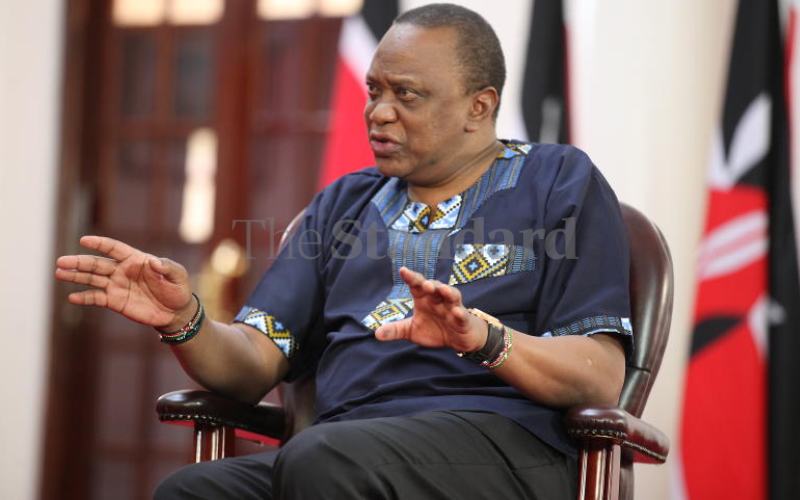×
The Standard e-Paper
Home To Bold Columnists

President Uhuru Kenyatta. [Wilberforce Okwiri, Standard]
After months of posturing and sloganeering, Kenyans are finally walking into 2022, with great expectations that they will now get an opportunity to kick out undeserving elected leaders and retain those who have served them well.